Territorio de Vida de la Asociación de Autoridades Tradicionales Indígenas Tukano Oriental de Guaviare Asopamurĩmajsã, Colombia
We, the Eastern Tukano people, inhabit Asopamurĩmajsã, which is made up of four indigenous reservations, La Asunción, La Fuga, Panuré and El Refugio, in the far north of the Colombian Amazon, in the department of Guaviare.
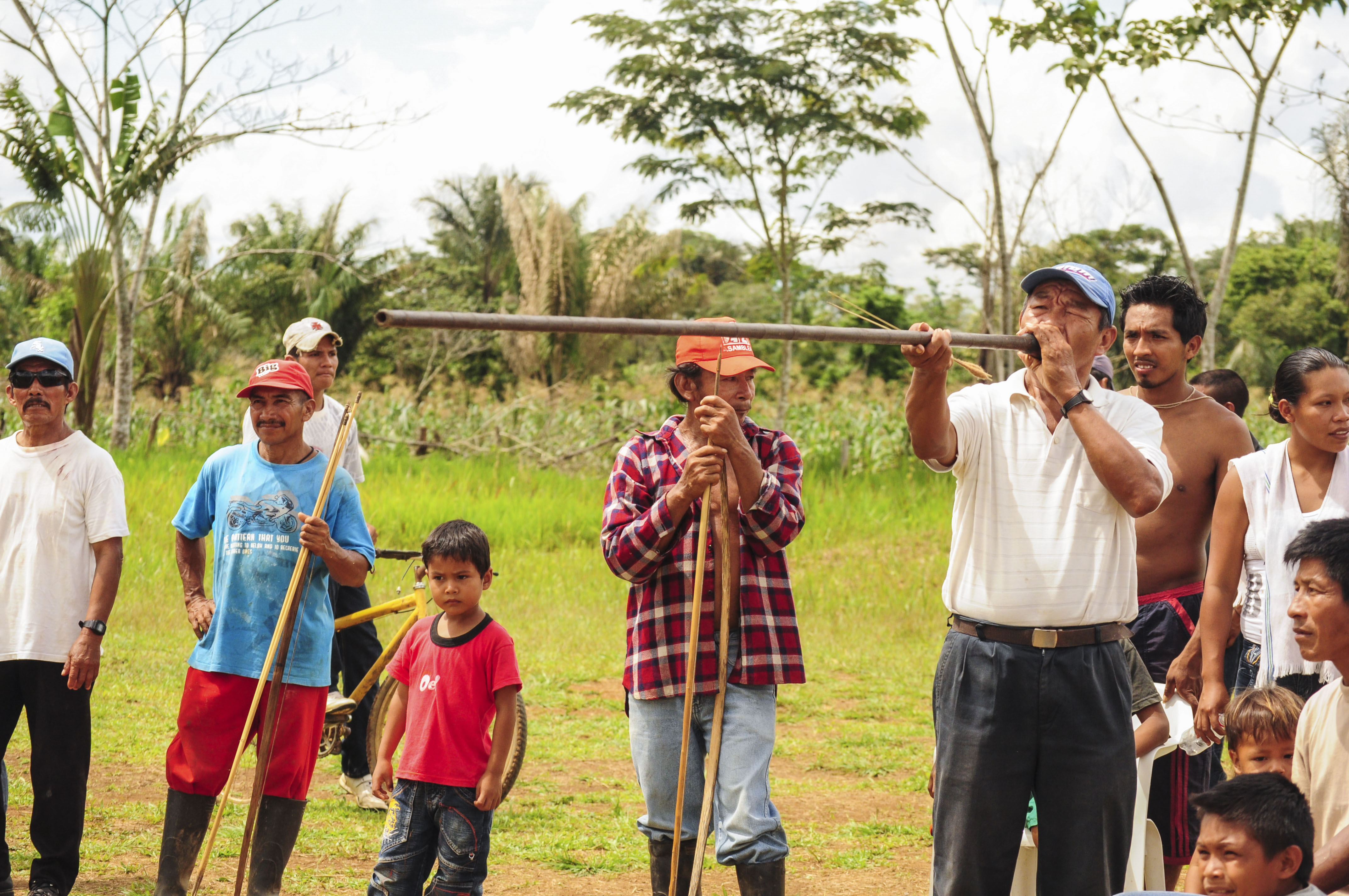
The History of Our Territory
History is important us, as it holds memories of our origin, the journey of our ancestors, and the knowledge of the lands and cultural practices shared across our people. Formerly, we occupied a large territory overlapping parts of Brazil and Colombia. We lived in malocas of families or clans, and often moved around to visit relatives and form marriages. The maloca is an ancestral house that is the center of culture, where all people learn and teach tradition.
In the 20th century, many people migrated from Vaupés to Gauviare in search of work and opportunities, to flee violence and war, and to find abundant fishing rivers and resources. Each ethnic group made their own journey to their final territory, taking with them their own practices but keeping their shared history and related constitutions.
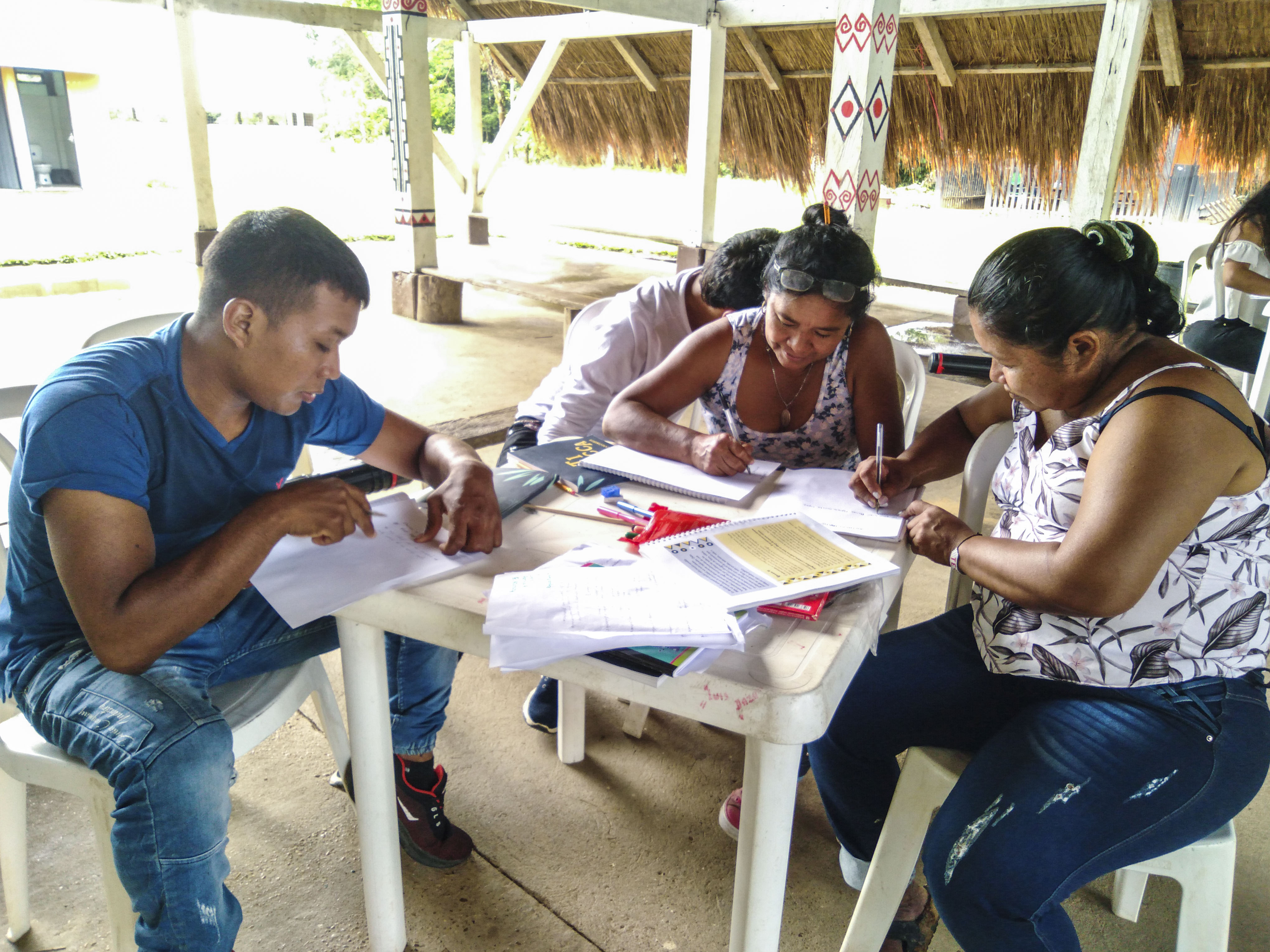
In the same way as other indigenous peoples across Colombia, we have faced struggles to claim our rights. To help improve recognition of our reservations, we have joined multiple organisations: The Indigenous Authorities of Guaviare (CRIGUA II), the National Organisation of Indigenous Peoples of the Colombian Amazon (OPIAC) and the National Indigenous Organisation of Colombia (ONIC).
To protect ourselves from outside influences, and to protect our identity, culture and rights, the women of our people created a union Mujeres que Generan Vida y Esperanza (women who generate life and hope), and we have formed the constitution of Asopamurĩmajsã, an Association of Traditional Indigenous Authorities (AATI), which has been recognised by the Ministry of Interior Justice.

Our Organisation and self-governance
Indigenous reservations in Colombia are socio-political institutions which make their own governance decisions, have fixed territorial boundaries, and collective rights.
We are organised and united under the Association Assembly of our AATI, for which we elect representatives across the four reservations every four years. Each community then also elects their own leader and board of directors every two years. We have created life plans for each reservation which outline the policies and governance decisions which ensure the well-being of each community and reflects on the values and practices that make us Eastern Tukano Indigenous peoples.
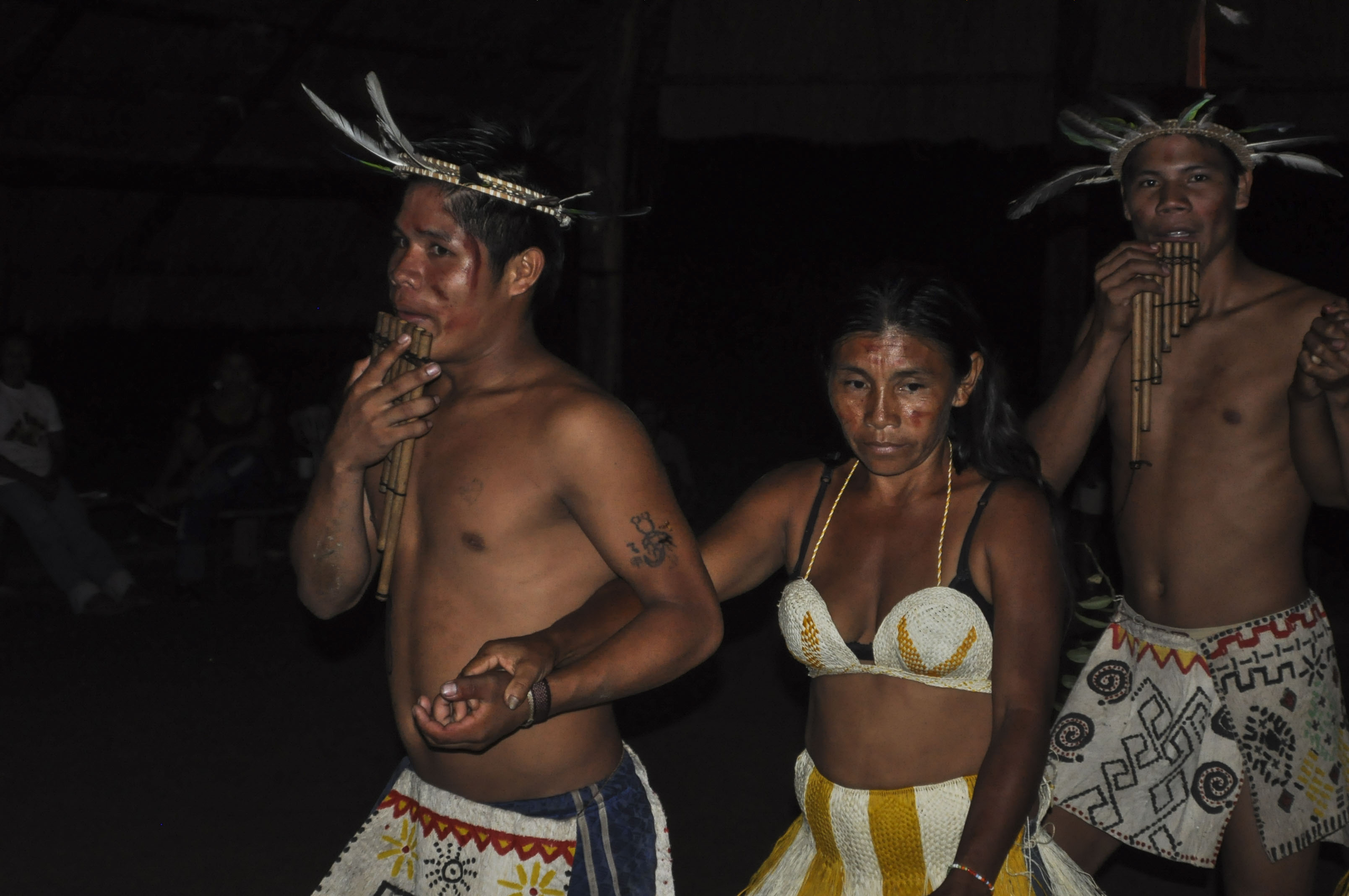
Our Territory
The four reservations that make up our association do not have joined boundaries. Three are found in the municipality of San José del Guaviare and one is in El Retorno. In total they cover an area of 5091 ha: Panuré (303 ha), El Refugio (379 ha), La Fuga (3680 ha) and La Asunción (730 ha).
Recently, we recognised and declared indigenous and community conservation areas (ICCAs) within our reserves, which we hope to map soon. The territories are home to many species of fauna and flora, demonstrating the close relationship we share with nature. We consider ourselves protectors of the wild mountains and wetlands found here.
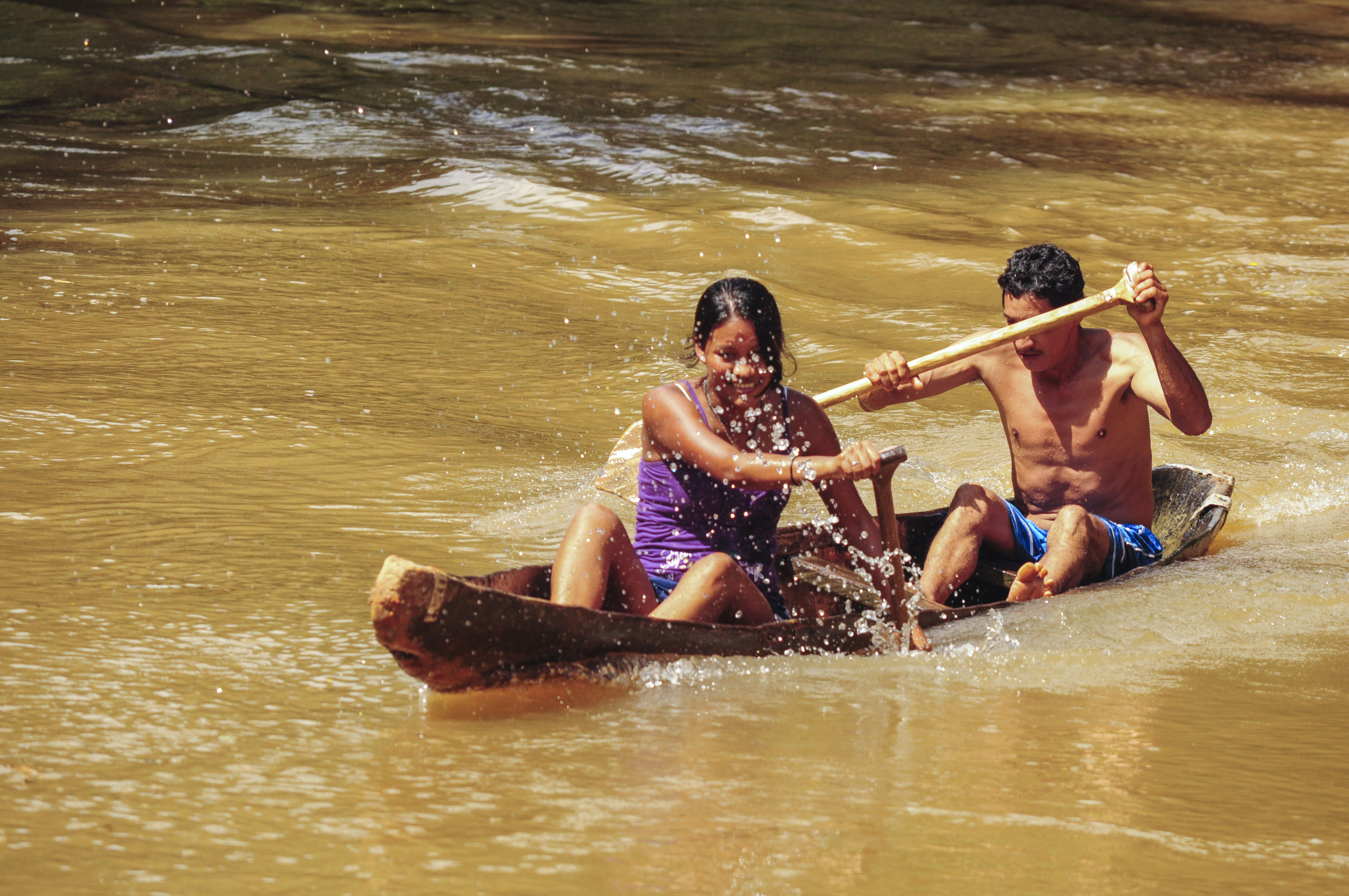
Each reservation has separate areas for different activities. Along the trails out of reach of the rivers and streams, there are houses for the community, food storage and resources, as well as pastures and chagras (an area opened up within the jungle to plant crops) for food production. The lower areas are covered by wetland ecosystems, such as the Cámbulos lagoon, which provide reproduction sites and shelter for many species, water regulation, and resources including fish, fruits and raw materials.
.jpg)
We use the resources of our territory for a nutritional diet, medicinal purposes, firewood, fodder and construction of houses and materials. Rotating chagra cultivation, we farm many crops which form the basis of our diet. However, restricted territory size and cultural changes have resulted in fewer crop varieties being farmed, making it harder to collect seeds, fruits and fibres.
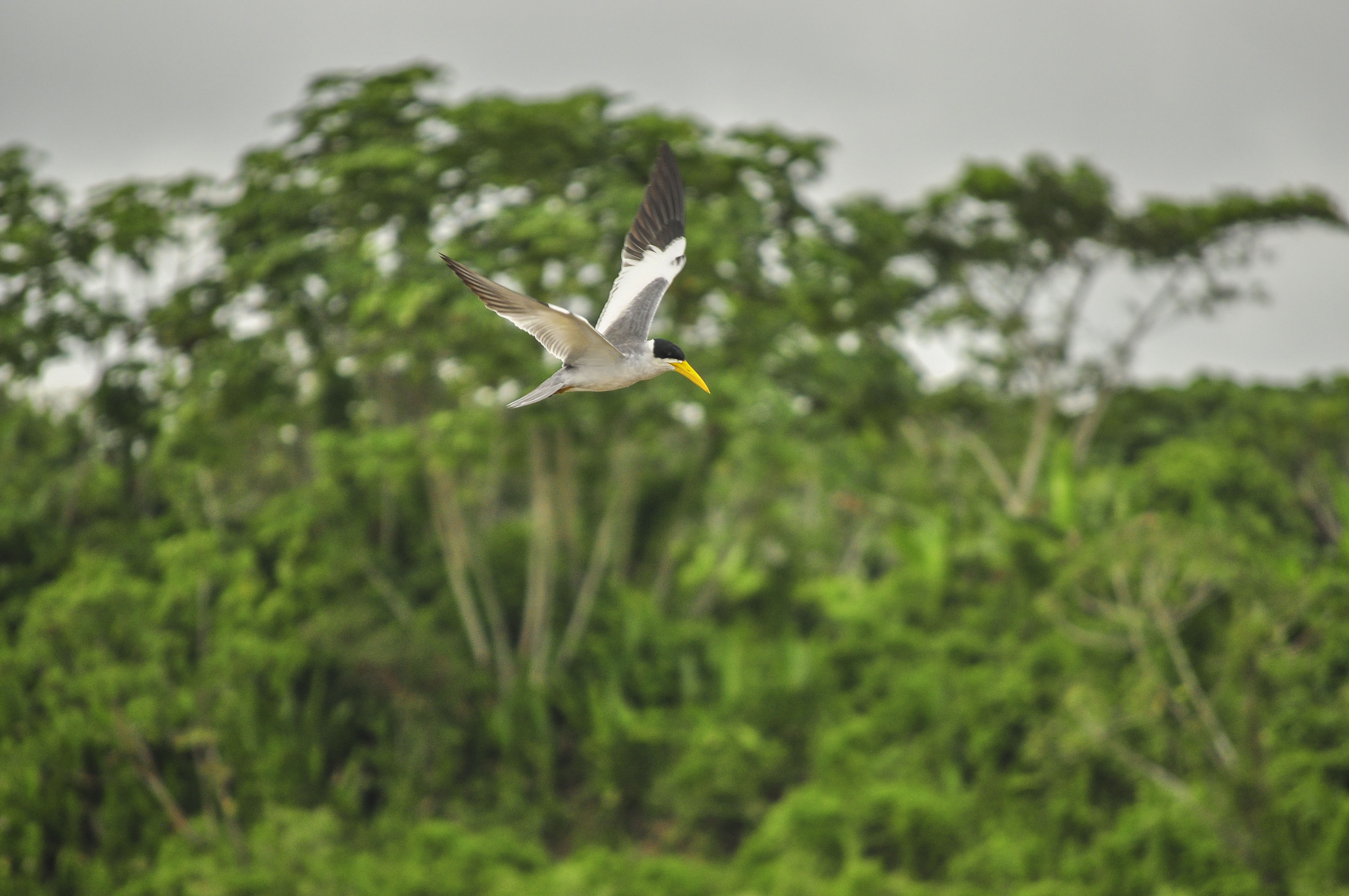
Our Culture
Looking at our culture, we can see what we have lost through migrating from our place of origin. We know there are aspects we cannot recover, such as coexistence in the maloca, traditional dress, kinship rules and some important ceremonies. However, we have agreed to adapt and have identified the most valued things that define us Eastern Tukano people:
- Traditional knowledge: identity, language, customs, history, beliefs, sacred plants, dances, elders, the Law of Origin, ancestral principles, and cultural values
- Traditional medicine: spiritual leaders (kumuã), medicinal plants, prayers, health care, and farmers.
- Community life: family, kinship, unity, coexistence, participation, and joint work
- Self-subsistence knowledge and practices: traditional food, chagra and ancestral seeds, hunting, fishing, and cooking practices.
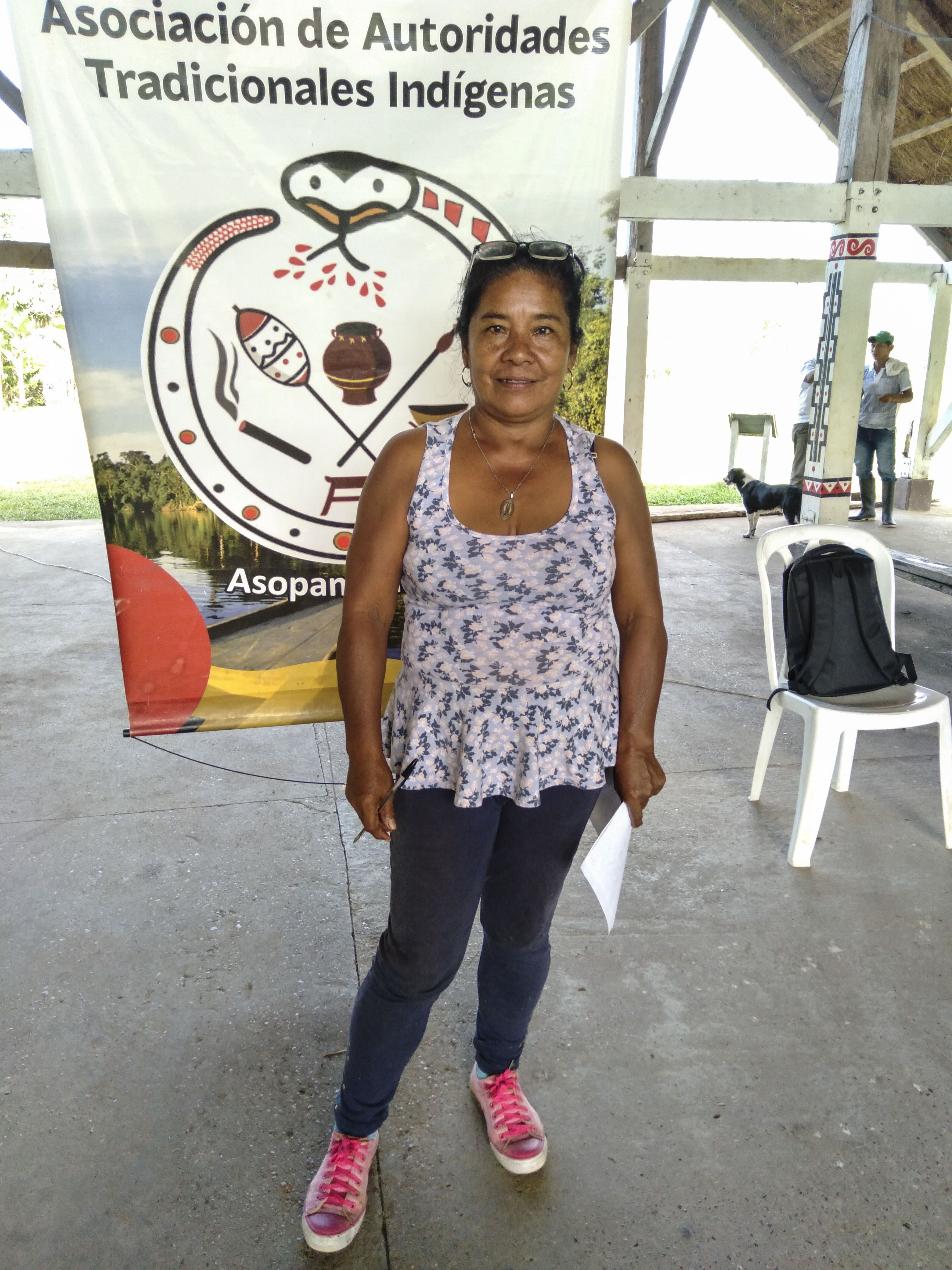
Threats and solutions
The proximity of some of our reservations to the city has led to problems of water pollution, overexploitation of resources, pressure for unwanted development, extensive cattle ranching, and some loss of cultural values and practices.
We have agreed we must strengthen our culture as we wish to continue being indigenous people. In the future, we hope to improve our education system in line with Western education, map the conservation areas within our territories and improve our internal organisation through governing bodies and our unified Association.
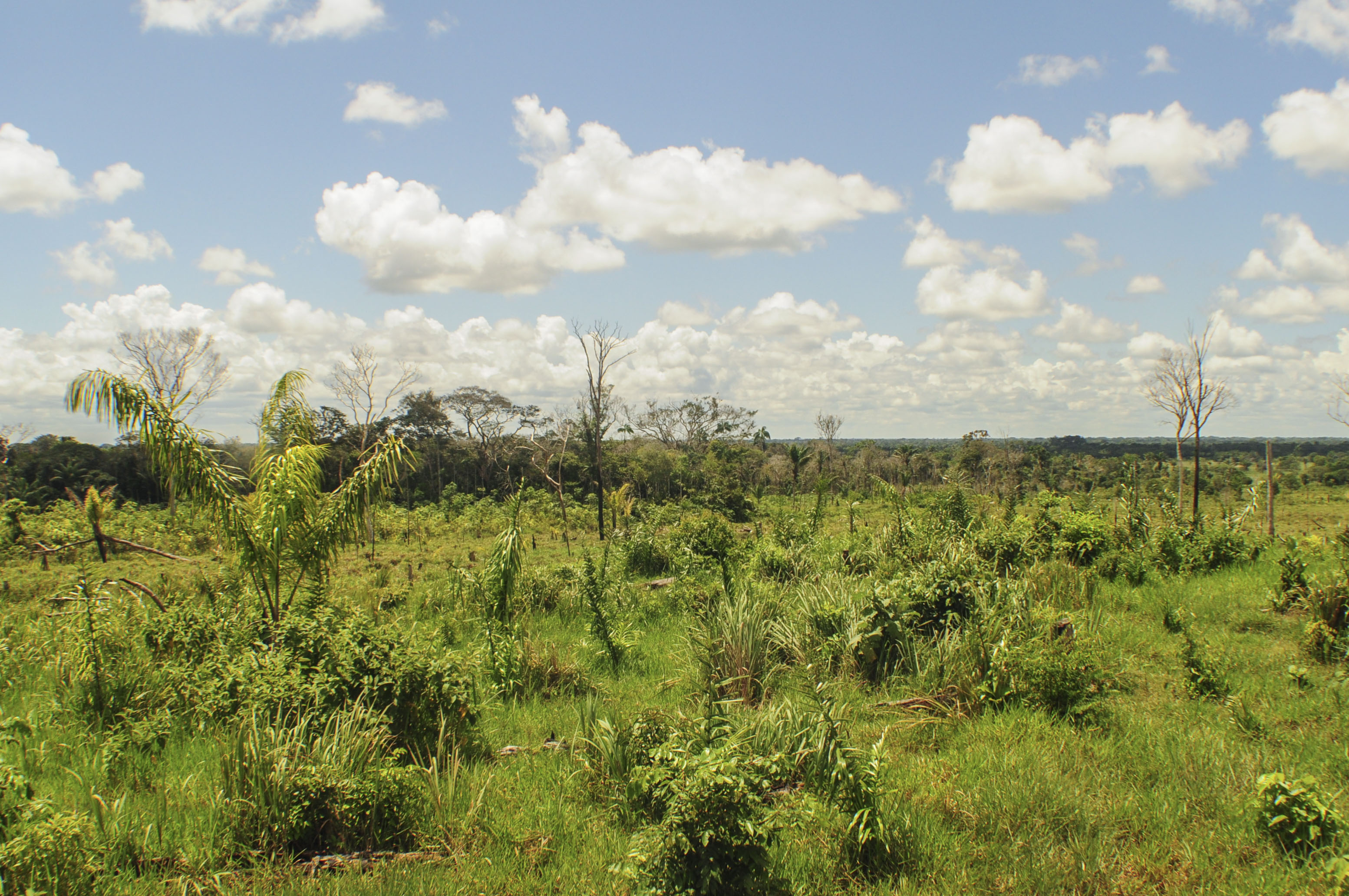
More information
The Amazonia, un territorio de vida website showcases the efforts of Indigenous organizations in the Colombian Amazon working to strengthen territories of life, preserve ancestral knowledge, and ensure well-being for present and future generations.
To learn more about Asopamurĩmajsã, visit the following link: Asopamurimajsá – Territorio de Vida
This case study was originally published by UN Environment Programme World Conservation Monitoring Centre (UNEP-WCMC) in September 2021. The content was provided by the custodians of this ICCA. The ICCA has been self-declared and has been through a peer-review process to verify its status. More details on this process can be found here. The contents of this website do not necessarily reflect the views or policies of UN Environment Programme or WCMC.